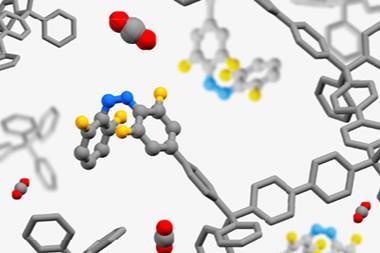National Institutes of Health spends $29 million to study more than 200 rare diseases
The US National Institutes of Health (NIH) is spending $29 million (£18 million) to fund research consortia that will study more than 200 rare diseases. Scientists at 22 consortia will collaborate to advance clinical research and investigate new treatments for patients with these uncommon medical conditions.
The extra funding expands the agency’s Rare Diseases Clinical Research Network, which comprises about 2600 researchers. Since its launch in 2003, it has enrolled about 29,000 patients in clinical studies.
Although there are several thousand rare diseases, only a few hundred have treatments available, according to the NIH. Combined, the agency says rare diseases affect about 25 million Americans.
Some obstacles that the NIH has identified to developing rare disease treatments include diagnosis problems, a perception among drug firms that it is risky and a lack of historical data on patients with these conditions.
Pamela McInnes, the deputy director of the NIH’s National Center for Advancing Translational Sciences, said the collaboration among the new consortia offers ‘the power to obtain high quality data’ that will help to better define patient populations and attract industry partners.












No comments yet